How the ACCC & Australian Consumer Law Fails New Car Buyers - and What You Can Do About It
HOW THE WAR ON AUSTRALIAN LEMON CARS IS BEING LOST
If you’re fighting a car company over your defective car, you rapidly develop an appreciation for how David must’ve felt, stepping into the ring with Goliath.
The enforcement of Australian Consumer Law by the ACCC is a joke - on you - and some car companies are consequentially, complete arseholes.
But Goliath went down and David won, ultimately, and so can you. In this report, I’ll show you how. Let’s cure this kooky counter-consumer cancer of car company customer cock-headedness.
BEST & WORST CARMAKERS
Like most cancers, prevention is better than cure. I’ve spent several years, in part, referring Australian car owners’ complaints to the parent car companies, and I can tell you there is a profound difference in the ethics, morality and goodwill on offer at different car companies. Most car buyers fail even to consider this spectrum when they’re deciding what car to buy next, when it should in fact be the first thing you think about, as a risk-management issue. The two key problems are reliability and poor (or no) commitment to customer satisfaction - and they often attack in concert. So: I’ll give you my take on those carmakers that do a good job, and those which are profoundly, breathtakingly shit.
Customer Service in Australia
GOOD
Subaru
Lexus
Toyota
Hyundai
Kia
AVERAGE
Mazda
Honda
Mitsubishi
Suzuki
Renault
BELOW AVERAGE
Mercedes-Benz
Audi
BMW
Nissan
Jaguar
Land Rover
Volvo
Peugeot
MINI
UTTERLY CRAP
Chrysler
Jeep
Dodge
Fiat
Alfa Romeo
Ford
Holden
Volkswagen
Skoda
If the manufacture, packaging and delivery of truly unethical customer service were an Olympic sport, then Fiat Chrysler Automobiles - the importer of Chrysler, Jeep, Dodge, Fiat and Alfa Romeo - would be going for Gold in Rio.
If this organisation were personified, a reasonable person would categorise them as a sociopath - and it’s a pity because I love driving a good Grand Cherokee. I do. My inner Jack Bauer loves how it looks. I love how it drives. And the price is right. But a rational person could not own one … because rolling the dice on reliability and support with these Fiat Chrysler arseholes is like putting five rounds in a 38 special and spending the evening playing Russian roulette.
Word’s getting around on this, thankfully, and Fiat Chrysler Arseholes’ sales have nosedived - 50 per cent down, so far this year. So that’s nice.
Jeep Sales: Year-to-date for March
The silver and bronze Olympic medals for shit customer service go to Holden and Ford - not necessarily in that order.
See also:
It’s a shit service photo finish for second and third place. We’ll get to the legislation in a minute, but Ford - I mean Jeezus - the Focus and Fiesta have for years had major transmission design defects, and the three-ringed runaround systematically delivered to consumers is morally and ethically reprehensible, and also unlawful. Anyone on that particular treadmill will corroborate this statement. Holden’s shit reliability and crap customer support track record with (in particular) the Cruze and the aptly nicknamed Craptiva is just as tragic. And, knowing this, why would any rational car buyer choose to do business with either organisation?
Nissan, Jaguar, Land Rover, Volvo, Peugeot, Mini - also fairly crap, on balance.
Many dealers, many carmakers: they're happy to take your money in the showroom, and subsequently bend you over in the absence of lubrication if you present with a legitimate problem. Volkswagen, Audi and Skoda - also comprehensively crap, along with Mercedes-Benz and BMW - and this is a real opportunity for Lexus, which they capitalise on by actually being reliable and good at looking after customers. People who move out of a Mercedes and into a Lexus remark on this all the time. It’s like getting out of prison and having sex with a woman, for a change.
Aside from Lexus, who else is good? Toyota’s pretty good. So’s Subaru - extremely high levels of goodwill there. Hyundai and Kia also generally do a great job on customer support. I’m not sure it’s entirely altruistic. Certainly it’s at least partly commercial. The South Koreans have something to prove, and they can’t afford too many anti-ambassadors out there - so like Lexus, they’re commercially motivated to turn people’s frowns upside-down by occupying the high moral ground of customer support. Reputational reinforcement. Good for us.
And on the ‘mediocre’ front - Mazda, Honda, Mitsubishi, and Suzuki. So that’s pretty much how to stack the deck by avoiding doing business with arseholes.
HOUSTON, WE'VE GOT A PROBLEM
Let’s assume you’ve already got the car, it’s seriously problematic and you’re getting brushed. You are not alone. In a recent survey, consumer advocates Choice recently found nine per cent of car buyers in Australia had a major problem, and of all the problems - major and minor - 15 per cent - slightly fewer than one in six - never got a resolution. So there’s clearly an epidemic of insolubility on the problem front out there on Australian roads.
WHY UNETHICAL DEALERS DENY CONSUMER CLAIMS
The first thing you need to know is: if you’re getting brushed by a dealership, elevate your complaint to the parent car company. Dealers are generally privately owned businesses with a franchise agreement with that carmaker. And some dealerships are just shit at customer service. They’re even financially incentivised to be arseholes if they lack a moral compass.
Here’s why:
Let’s say you come in with a major problem. If it’s a warranty job, the dealership sends the carmaker a bill for the labour, at a rate significantly under the rate charged to customers for repair work, and the carmaker supplies the parts. So, not very profitable for the dealership. But if that dealership can convince you it’s not a warranty job - they make much more on the labour, and they add their customary three-billion per cent mark-up on the parts. The job is suddenly a lot more profitable for them. So if you feel like you’re getting brushed, always escalate your complaint to the parent car company. It helps keep the dealer honest.
AUSTRALIAN CONSUMER LAW
Knowledge is power, and it amazes me that so few people know about Australian Consumer Law. This was introduced five years ago, on the first of January 2011. It applies to all consumer products - including cars - purchased after that date. And that legislation entitles you to things like repairs, replacements and refunds, in some circumstances, and compensation for damage or loss. There’s also a thing called consumer guarantees - and we’re going to drill down into all of that right now.
REPAIRS, REPLACEMENTS & REFUNDS
On repairs, replacements, and refunds: What you’re entitled to here, under Australian Consumer Law, depends on whether the car has a major problem or a minor one. According to the ACCC, a major problem is something that would have stopped you from buying it, had you known, or if the vehicle is unsafe, or if it’s different from the description, or if it doesn’t do what the dealership said it would, or if it can’t be easily fixed. That’s a major problem.
If the problem is minor - easily fixed, comparatively trivial - then the dealership can decide at their discretion to repair or replace it. And they’ll probably go for ‘repair’. But if the problem is major, then the law says you have the right to your choice of a replacement or a refund. This is your legal right - if the problem is major. It’s vital to realise that the dealer is legally bound to replace or refund here - it’s unlawful for them to fob you off and send you off to the manufacturer or the importer. You can certainly go to the manufacturer or the importer, but there you’re only entitled to recover costs from them - such as an amount to compensate you for the reduction in value. You can’t demand refund or replacement from the importer. This is the dealer’s problem.
COMPENSATION FOR DAMAGE OR LOSS
If the problem is major, you are also able to claim compensation for any loss that flows from it. If you need to get the vehicle towed to the dealership, and catch a cab home, you can absolutely make a claim for that. Certainly you can also claim consequential costs in addition to your choice of repair, refund or replacement.
WARRANTY & AUSTRALIAN CONSUMER LAW
One of the biggest misconceptions I deal with almost daily concerns the warranty. What happens after the warranty expires? The good news is that the warranty does not limit or replace Australian Consumer Law. What actually matters is how long the vehicle or its component parts should last. So let’s use an example I had in my inbox this week.
A bloke with a Jeep Grand Cherokee several months out of warranty, 54,000km on the clock. Just has a heart attack and dies in traffic. The Jeep, not the bloke. Car’s out of warranty. But a reasonable person would expect a properly maintained engine in a $70,000 car to last more than 54,000 kays.
Consumer law still protects you even if the warranty has lapsed - for what could be considered the reasonable life of the vehicle. And of course you’re not covered for fair wear and tear, or if you abuse the vehicle, so you need to get it serviced as required by the manufacturer, and don’t park it in the ocean, etc.
THE PROBLEM WITH AUSTRALIAN CONSUMER LAW
I know this paints a very rosy picture of integrated, enshrined in legislation consumer protection in Australia, but the reality is quite different.
Arsehole car dealers and equally reprehensible car companies in Australia either completely disregard their obligations in the event of a major failure, or they interpret them with - let’s be kind - considerable elasticity.
The real disgrace here is regulatory - nobody effectively polices compliance with Australian Consumer Law.
This allows car dealers and their parent carmakers to ride roughshod over consumers - because we’ve all seen how well carmakers manage compliance in the absence of enforcement, most recently in the actions of those death-dealing, polluting shitheads at Volkswagen, Audi and Skoda.
ACCC Australian Consumer Law resources:
THE ACCC's FAILURE TO ENFORCE
Even if you know your rights and you present at a dealership with - unequivocally - a major problem: instead of complying with your reasonable demand for a refund, they might size you up instead for a good reaming with the big dildo … and leave the lubricant safely under lock and key. The ACCC is reasonably good at spelling out Australian Consumer Law, but they are in fact shit at enforcing it. Actually, that’s doing ‘shit’ a disservice. ‘Shit’ is actually much better than the ACCC’s track record on consumer law enforcement, which is a big, fat zero.
The ACCC has in fact never prosecuted a dealer or a carmaker for a single breach of Australian Consumer Law. Not once, in five years.
This is what incompetence looks like, at fever pitch. Do you suppose that’s because the law has never been breached, or because they’re such useless motherf*&%#rs?
WHO RUNS THE ACCC?
The ACCC is purportedly independent but is actually a part of the Federal Department of Treasury. And the treasurer is Scott Morrison, a devoutly religious evangelical Christian peanut who seems far more concerned with what Malcolm Turnbull’s next thought-bubble from Hell might be, rather than overseeing with vestigial competence the agency that allegedly protects consumers from car dealer reamings. There is, perversely enough, no Federal Minister for Consumer Affairs.
So in this environment where we actually need a grizzly bear, what we actually get is a [TILT] gummy bear. His name is Rod Sims - the chairman of the ACCC who, apparently, on this, at least, in my honest personal view, takes home a tidy wedge of taxpayer funds under entirely false pretenses. It’s disgraceful.
HOW FIAT CHRYSLER GOT AWAY WITH IT
Mr Sims recently allowed Fiat Chrysler to sidestep multi-millions in fines by entering into a so-called “administrative undertaking” - essentially providing an undertaking that said Fiat Chrysler would re-investigate internally and follow up a tsunami of botched customer complaints. Gummy Bear Six here [TILT] described Fiat Chrysler as the worst car company in terms of customer complaints, as a proportion of vehicles sold. He recently said:
“The ACCC is considering concerns about the motor vehicle industry more generally, with a particular focus on ensuring compliance with the consumer guarantee provisions of the consumer law.”
But that’s not the same thing as getting off your arse and actually doing something about it. Consumer Affairs departments at state and Territory level are also equally useless at enforcing compliance. Effectively you’re protected - if that’s the right word - by lip service legislation that is never enforced. It’d be interesting if we tried that with terrorism or murder or drugs. In this case, all Fiat Chrysler did to avoid paying millions in fines was send out a few letters and promise to be back in touch in the complainants in the next couple of years. I’m not joking - because I couldn’t make up shit quite that sick.
THE CAR INDUSTRY'S DISINFORMATION LOBBY
While we’re discussing arseholes: The FCAI. The grandiose-sounding Federal Chamber of Automotive Arsehole Industries. If the dictionary were a picture-book, under ‘arseholes’ is a picture of these muppets - talking about the organisation, not the individuals. Ladies and gentlemen: At the distal end of the car industry’s extensive digestive tract - next stop: the S-bend and the deep-ocean outfall - the car industry’s grubby little lobby group in Canberra. A textbook anti-consumer agrency.
The FCAI exists for and literally has nothing better to do than stalk the halls of Parliament House and convince anyone important, who will listen that the car industry’s poopies are in fact odour-free. No minister, they always shit air-freshener. I don’t know how they do it - it’s carmaker magic. The FCAI really is a textbook anti-consumer arsehole organisation. Its chief Parliament House hall stalker is Tony Weber. The car industry’s version of Darth Vader, although somewhat less imposing. He said, to date, consumers have exercised their rights in a “very low proportion” of cases.
This is a public statement from an organisation generously funded by the car industry to disseminate premium, A-Grade, certified, car-industry tyre-pumping-up bullshit. You take one look at it, and it’s very easy to decide not to step in it. And like all top-shelf bullshit, it is based upon the truth: Consumers hardly ever exercise those rights, because the car industry routinely fails to comply with its obligations under Australian Consumer Law, because the ACCC is as weak as piss and never compels compliance.
GAG ORDERS
In rare cases where cars are replaced, consumers are forced to sign non-disclosure agreements - gag orders, that compel you not to discuss the settlement terms or denigrate the brand. These are certainly immoral, and may even be illegal. Here’s a recent public statement by the ACCC:
“The ACCC is aware that in some instances consumers have signed confidentiality agreements as part of settlement agreements with car manufacturers. The ACCC would have some concerns when a business seeks to impose confidentiality clauses as a condition of providing remedies a consumer is entitled to under the consumer guarantee provisions of the Australian Consumer Law."
It’s not exactly sharpening the swords, donning the armour of the righteous and marshalling the troops after committing to the public humiliation of the next dealership that violates some mug’s rights, is it? This is law minus enforcement. That makes it less than a set of guidelines. We need to define what a lemon car is - enshrine it in legislation. But even more importantly we need to dismantle an ineffective ACCC and assemble a regulator with real teeth.
WHAT YOU CAN DO
It’s safe to assume real enforcement will not be forthcoming any time soon. So here’s what you do: If you’re in the early stages of a dispute, contact the dealer and also the parent car company - this, at least, will help keep the dealer honest. Put all of your communications in writing - letters or e-mails, and keep all correspondence from the car company and the dealer. Don’t be rude or sarcastic. Stick to the point. Keep diary notes of any conversations - who you spoke to (Mel, surname unstated, from customer care), what was said, what was agreed, etc., and also keep a record of costs, all the receipts, and a timeline about how long and how often the vehicle has been off the road.
ADVOCATE EFFECTIVELY
Put everything in writing
Keep all correspondence
Diarise all phone calls
Keep receipts
Mention 'major failure'
Mention 'Australian Consumer Law'
Mention 'Consumer Guarantees'
Mention the ACCC
Mention 'Consumer Affairs'
In your correspondence, keep alleging the vehicle has had a major failure - use that term: “Major Failure”. Mention Australian Consumer Law and the Consumer Guarantees. Mention the ACCC and Fair Trading or Consumer Affairs. Sound like you know your rights.
IF NEGOTIATIONS FAIL
If negotiations break down, and they often do, it becomes a very asymmetric conflict. Dealerships are large organisations generally, and so are car companies - they have many more resources than you. Lawyers on tap; money to burn. They can retain better lawyers, and effectively delay and block your attempts to pursue them in the legal system, until you either run out of money or until it becomes uneconomic to continue - and many of them are not above doing all this and more. There’s a grim truth here. The ACCC should address this asymmetry, but for the minor detail that they are hopeless. It kinda holds them back.
In asymmetric warfare they way the underdog wins is by not fighting the enemy on the enemy’s terms. Unless you’re Aristotle Onassis's long-lost playboy grandson, you’re not going to win by retaining your own lawyer. At that point, you’ve pretty much already lost. But the underdog can win. The Viet Cong defeated the US and it’s allies in Southeast Asia, the Mujahideen defeated the Soviets in Afghanistan and went on essentially to become the Taliban and kick the Coalition of the Willing’s arse in the same neck of the woods. They did it by attacking a stronger enemy where he was weak. You might need to get a bit medieval.
CARMAKERS: VULNERABLE TO REPUTATIONAL DAMAGE
At the risk of going 100 per cent Sun Tzu here, carmakers are weak in the public domain. That’s their Achilles heel. They hate public criticism. There’s a straight line between criticism - reputational damage - and sales. Car companies have meetings about serious public criticism. They’ve had plenty of meetings about me - like I give a fuck. They spend tens of millions of dollars cultivating positive public perception through advertising and marketing. And the problem with this is: Every $1000 worth of marketing can be undone by about $1 worth of effective criticism. So, in this arena, who’s really David and who’s Goliath? Car companies and dealerships cannot sue you in Australia for defaming them - but individuals certainly can - you have to be very careful about making critical comments towards identifiable individuals. You can say what you like about these businesses, though. So make a public pain in the arse of yourself. You need to be somewhat brave, perhaps, but it’s quite therapeutic. I know someone who does it rather a lot.
WHICH MEDIA OUTLETS WILL HELP?
The mainstream media is not going to be much help here - because too much of that media business relies on car company advertising. But the internet is the wild west. Teg Sethi is a great example: an ordinary Aussie bloke who got fed up one day with getting reamed over his defective Jeep. So he made a music video that got 2.3 million views on YouTube, and hundreds of thousands of knock-on views from consequential reports and mentions, happily enough.
There’s no doubt this prevented the sale of hundreds of Jeeps globally, and it contributed to Fiat Chrysler’s increasingly shit sales here in Australia. So that’s nice. Carmakers are shitscared of public criticism - so start a Facebook page, a website, Tweet the crap out of your problem. Twenty years ago you would have needed half a million dollars and a TV station to broadcast anything. Now you just need a phone. Start a YouTube channel. Contribute on forums. Humiliate the pricks into complying with the law.
Watch Teg Sethi's anti-Jeep video, right.
The only dealers, the only carmakers who are going to be annoyed by this are the arseholes who think Australian Consumer Law is somehow optional. Which, I am sad to say, in practise, it is. Remember: A major failure means you get to choose a refund or replacement from the dealer. Engines aren’t supposed to just die. It’s not your fault if they do. Cars aren’t supposed to be off the road for a month or months - in one hit or cumulatively - while some incompetent dickwad fails to figure out what’s wrong. You would not have bought it if you knew that was the deal. Replacement or refund. It’s that simple.
I'LL PUBLISH YOUR STORY
And I’ll help you: Tell me your lemon car experience. Send it to me [TILT] here. If it’s credible, I’ll publish it for you - in a dedicated lemon cars section of the website. I’ll report some some of the best (or is that worst) on YouTube. I’ll categorise them by car and brand so that intending buyers can use your ownership experience for research - and you can thereby do your bit to penalise the least supportive carmakers, and kick them in the only place that matters: Sales.
Submit your story here >>
I’ll also personally send a link to each of your reports, once it’s published, to the general manager of public relations at the respective carmaker. You’ll get exposure through my audience of half a million viewers, readers, followers - they’re all people - every month. Let’s see if we can achieve what the ACCC can’t, and get these pricks into line.



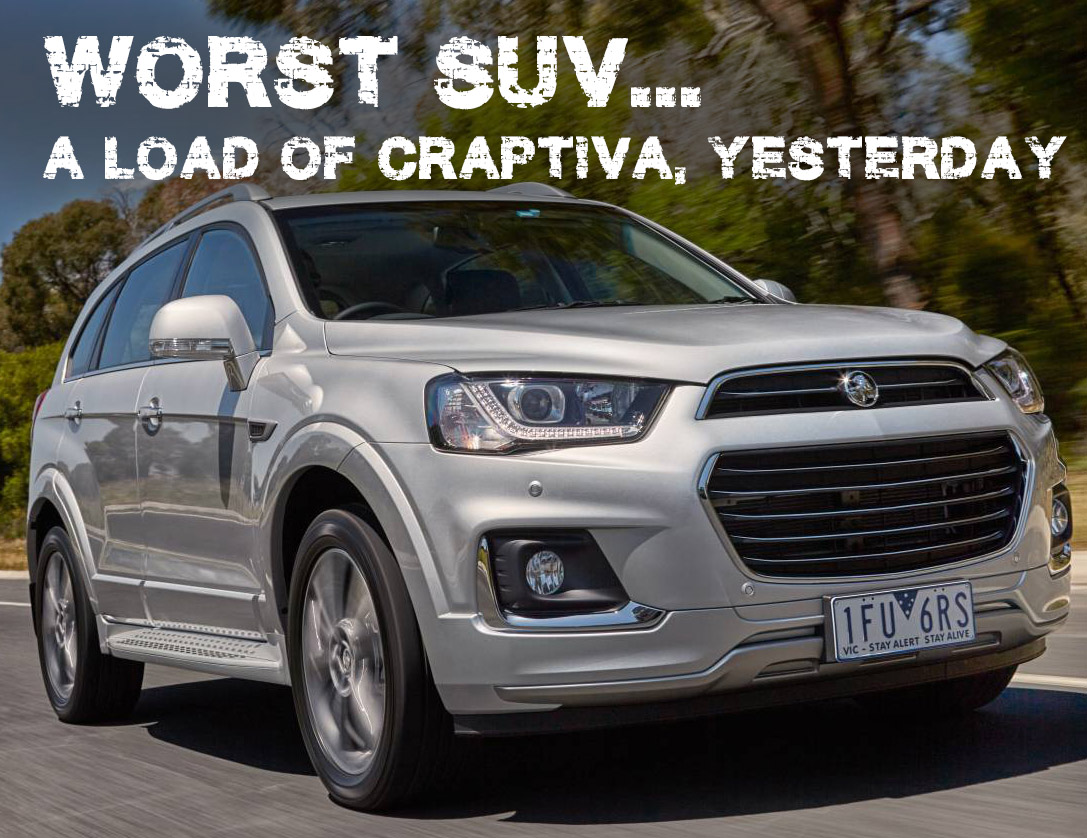
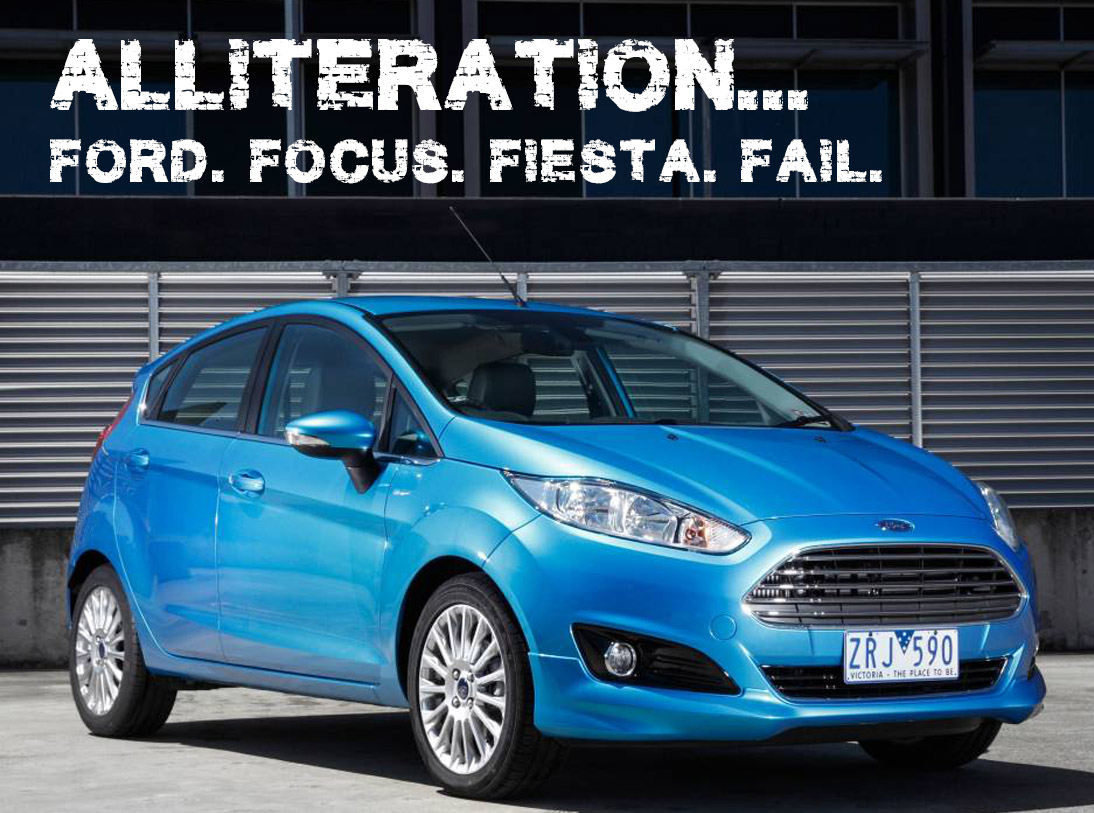

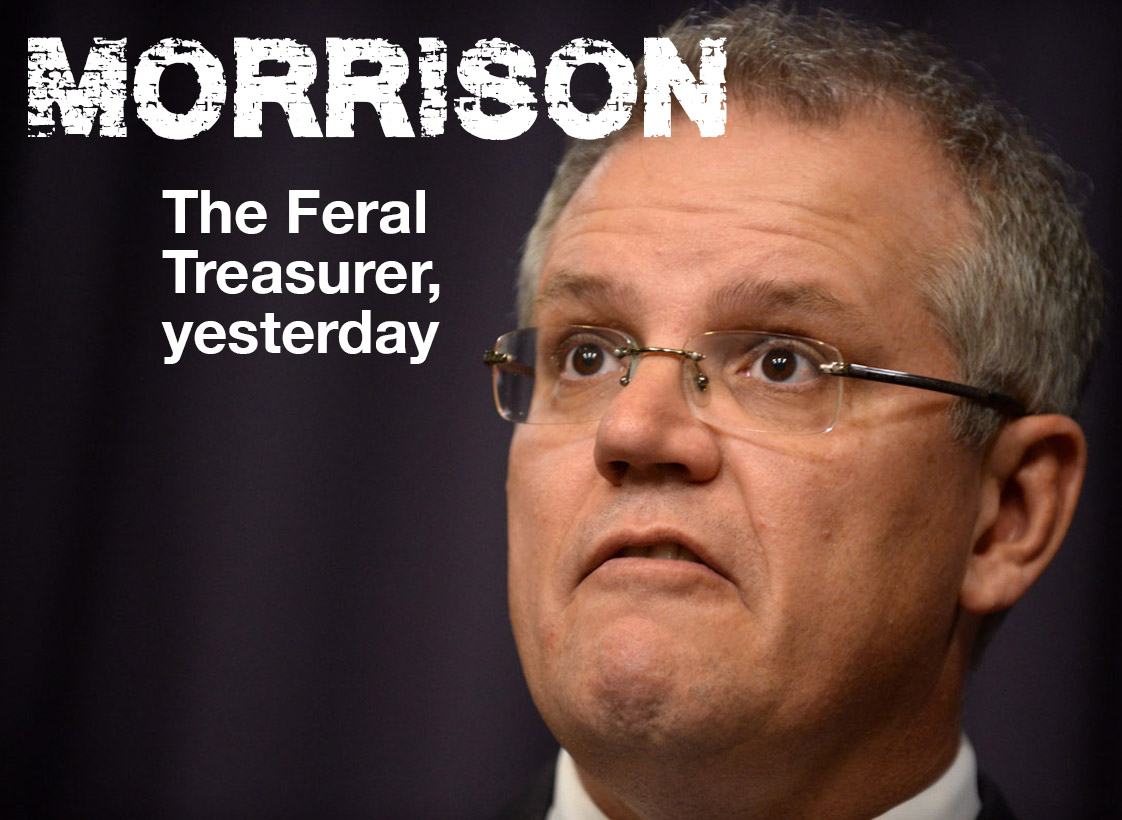
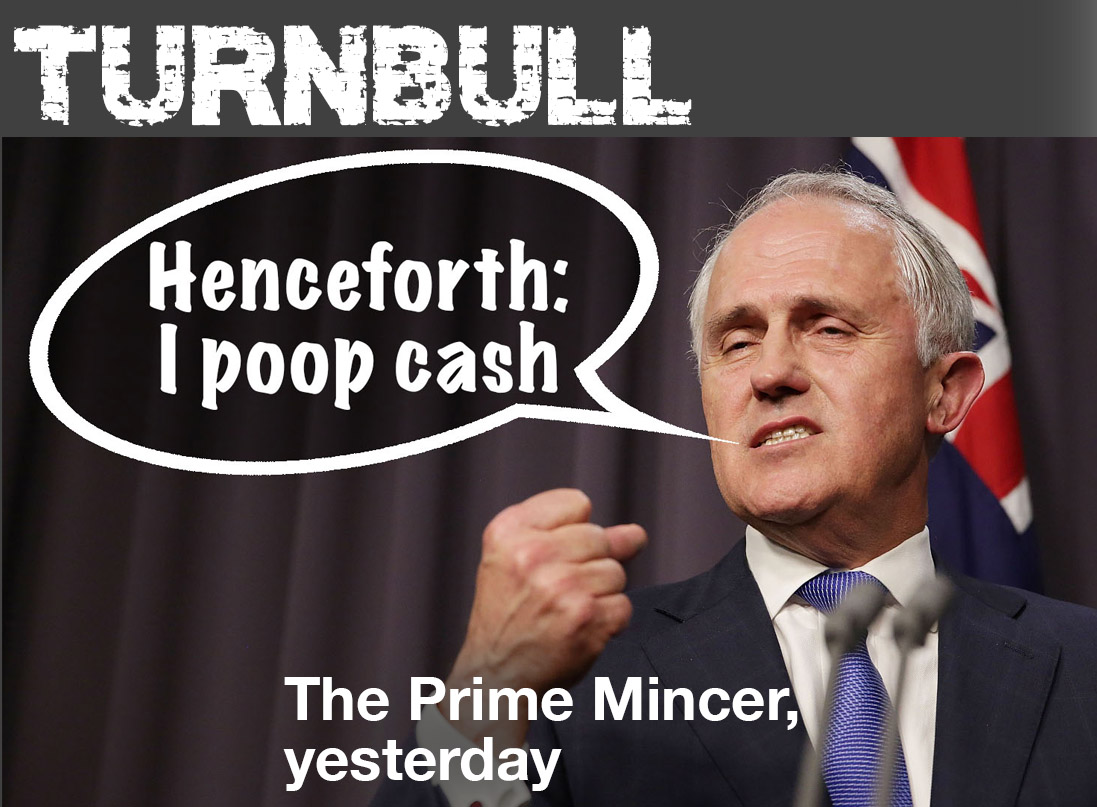





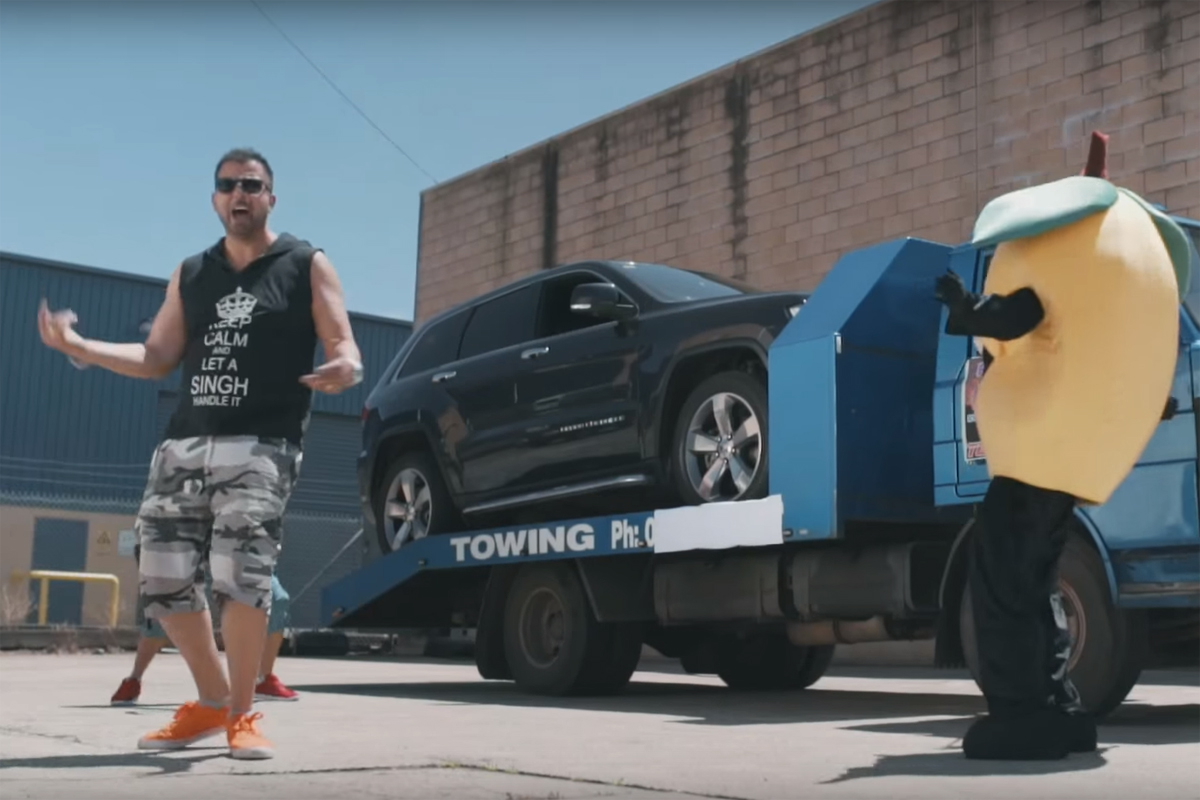





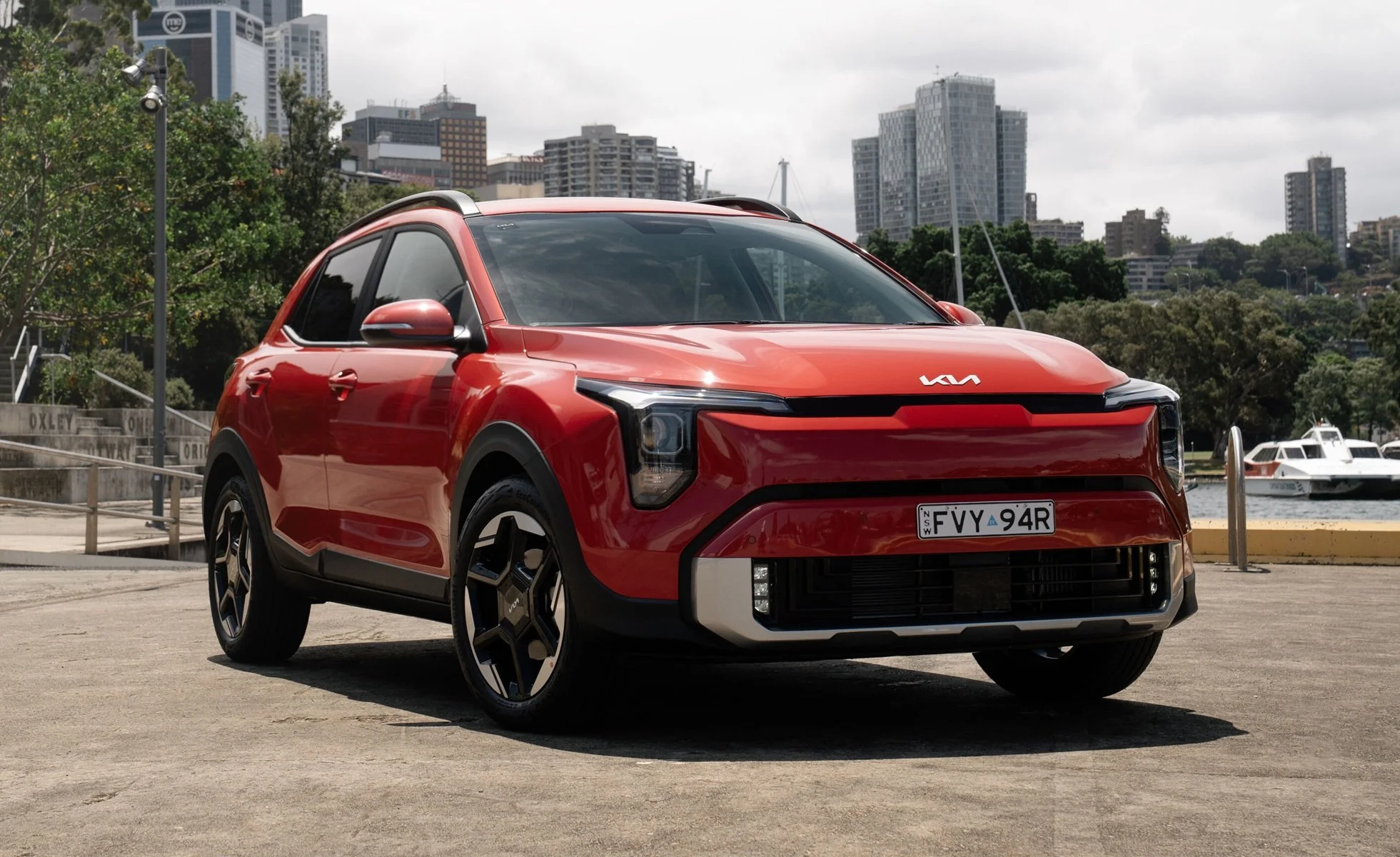






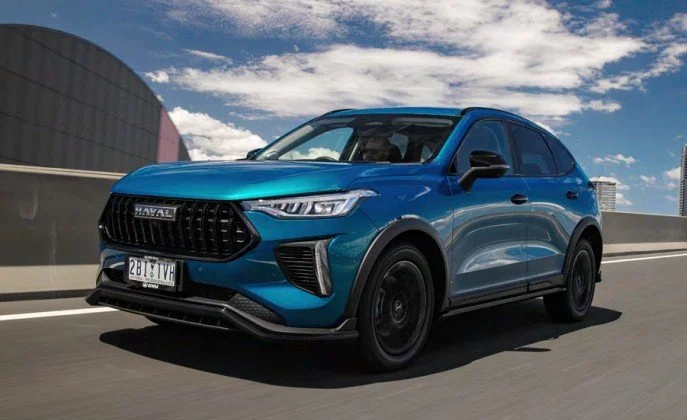
It’s rare that such an example of bad engineering comes along in the car industry. Here’s what you should know before buying this cheap but decent-looking SUV for you or your family…